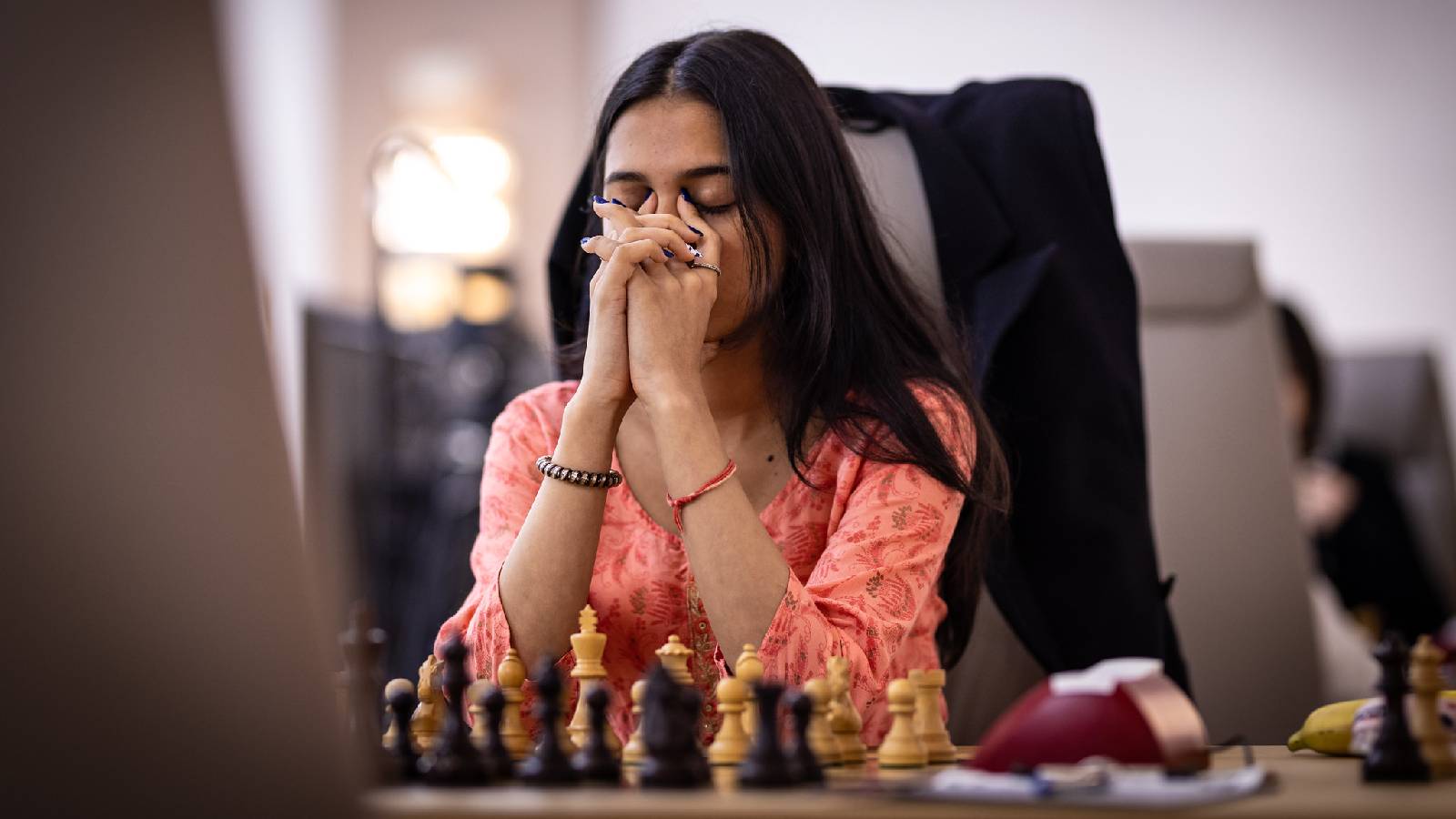The global stage of competitive chess has long been a theater of strategic brilliance, but rarely has it witnessed such a decisive shift in power. The 2025 FIDE Women`s Chess World Cup has concluded its dramatic semi-finals, paving the way for an unprecedented spectacle: an all-Indian final. Koneru Humpy, a veteran titan of the 64 squares, will face the audacious young prodigy, Divya Deshmukh. This isn`t merely a contest for a coveted title; it`s a profound declaration of India`s burgeoning, and seemingly unstoppable, dominance in the world of intellectual combat.
Dismantling the Old Guard: A Chess Revolution from India
For decades, the narrative of women`s chess supremacy was largely written in Chinese characters. Since 1991, China has celebrated six different women`s world champions, holding the crown for an overwhelming majority of the past 34 years. To challenge this formidable dynasty required not just skill, but an unwavering belief in one`s strategic prowess. Yet, in the semi-finals of this World Cup, both Humpy and Deshmukh delivered precisely that. They systematically outmaneuvered their highly-rated Chinese opponents—the first and third seeds—with a clinical efficiency that left no room for doubt. This was no fluke; it was a testament to a meticulously cultivated national strength.
This all-Indian final isn`t an isolated incident, a mere flash in the pan. Instead, it serves as the latest, loudest chord in a growing symphony of Indian chess achievements. Consider the recent highlights that have shaped this narrative:
- Team Gold at the Olympiad: India`s stunning performance, sweeping team gold medals.
- Humpy`s Rapid Reign: Koneru Humpy`s own triumph as World Rapid Champion.
- Gukesh`s Ascent: The meteoric rise of Gukesh Dommaraju to the World Champion title, making him the youngest in history.
It`s a pattern of relentless excellence, a consistent output of grandmasters and champions that challenges the very notion of `sporting miracles`. Frankly, when yet another major international chess title is guaranteed to land in India, the global reaction might soon transition from awe to a mere shrug. Such is the new normal that Indian chess has so effectively engineered.
The Generational Clash: Wisdom Meets Prodigy
The final itself is set to be a fascinating study in contrasts. On one side stands Koneru Humpy, at 38, a figure of immense experience and strategic depth. Her journey through the semi-finals, particularly her ability to rebound and dominate in the crucial tie-breaks after a setback, underscores a formidable mental fortitude. She navigated immense pressure with a calm that bordered on preternatural, demonstrating why she remains a top contender.
Her opponent, Divya Deshmukh, at just 19 years old, represents the exhilarating future of the sport. Her path to the final has been nothing short of spectacular, marked by decisive victories over two top-ten players (Zhu Jiner and Tan Zhongyi) and the world No. 12 (Harika Dronavalli). While Humpy initially held a significant Elo rating advantage and greater experience, Deshmukh`s electrifying tournament form has undeniably propelled her to an equal footing, at least in terms of current performance.
“I think it`s one of the happiest moments for our chess fans, because the title is India`s for sure. It will be a tough game, Divya has played tremendously well throughout the tournament.”
— Koneru Humpy, post-semifinal
Humpy`s own gracious remarks, delivered in the immediate aftermath of her semi-final victory, encapsulate the joyous inevitability of the situation: a guaranteed Indian triumph, paired with sincere respect for her formidable young adversary. It’s a moment of national pride, tempered by the quiet intensity of an upcoming personal duel.
Beyond the Board: Securing the Candidates` Path
The significance of this final extends far beyond the immediate glory of the World Cup trophy. Both Koneru Humpy and Divya Deshmukh have now officially secured their places in the prestigious next Candidates Tournament—the gateway to challenging for the Women`s World Championship title itself. This isn`t a small feat. Furthermore, with other strong Indian talents such as R Vaishali and Harika Dronavalli consistently performing at elite levels, the prospect of having three, or even four, Indian players in the Candidates is not merely plausible; it`s becoming an expected outcome.
This extraordinary depth of talent fundamentally redefines India`s place in the global chess hierarchy. It’s a paradigm shift where elite performance is no longer an infrequent highlight, but a consistent standard. The world has watched as India transformed from a nation with chess talent into a certified chess superpower, churning out grandmasters with enviable regularity.
As the weekend approaches, anticipation builds for a final that is less about who wins, and more about celebrating what has already been achieved. The trophy, regardless of the individual victor, will undeniably return to Indian soil, whether that be Maharashtra or Andhra Pradesh. To borrow a phrase, when the dust settles and the last move is played, the undeniable winner will, once again, be Indian chess.

